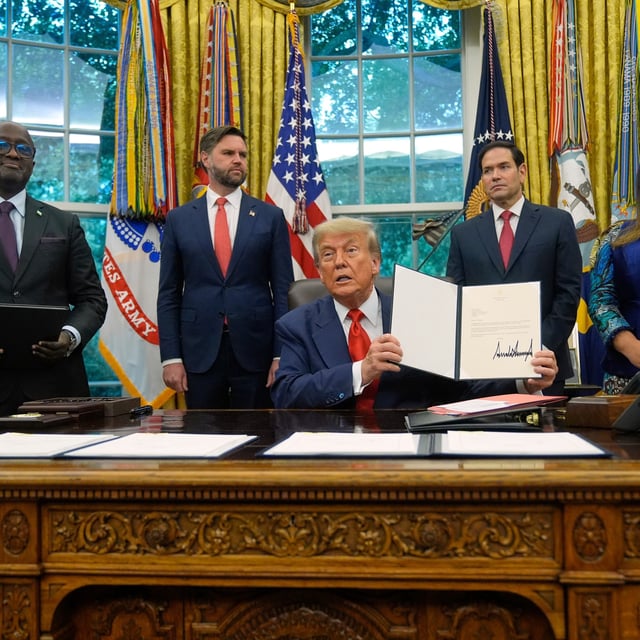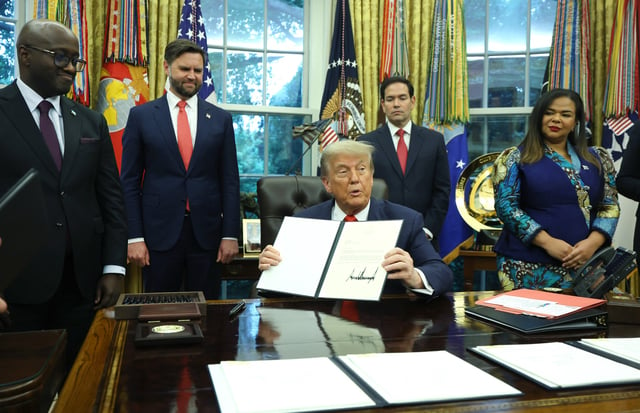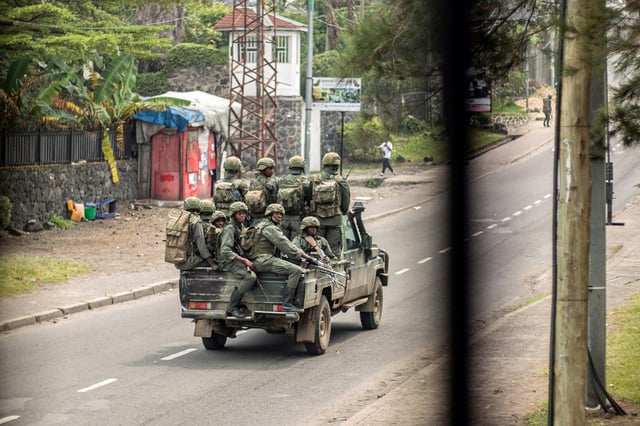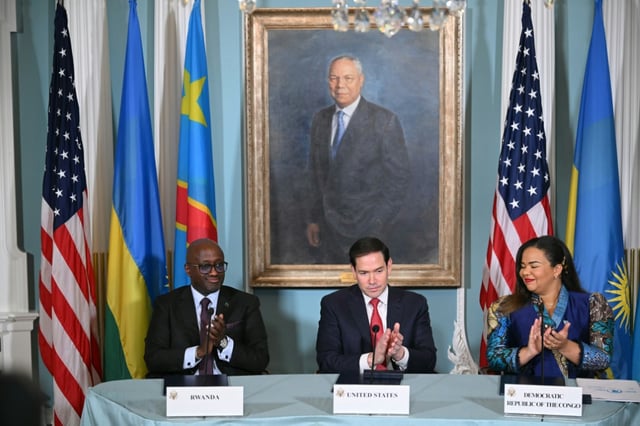Overview
- The framework signed June 27 entered into force today, obligating the DRC and Rwanda to cease hostilities, withdraw forces and end support for proxies within 90 days
- M23 leaders have rejected the accord’s provisions and maintained operations as UN experts report ongoing Rwandan command and control over the militia
- The deal’s “Critical Minerals for Security and Peace” partnership grants US companies privileged access to the DRC’s cobalt, lithium, tantalum and coltan under joint governance with Rwanda Amnesty International and civil society warn that the agreement’s lack of accountability measures for war crimes, sexual violence and illicit mining undermines prospects for lasting peace
- A parallel Qatar-led mediation between Kinshasa and M23 continues in Doha as key armed actors remain excluded from the Washington framework



